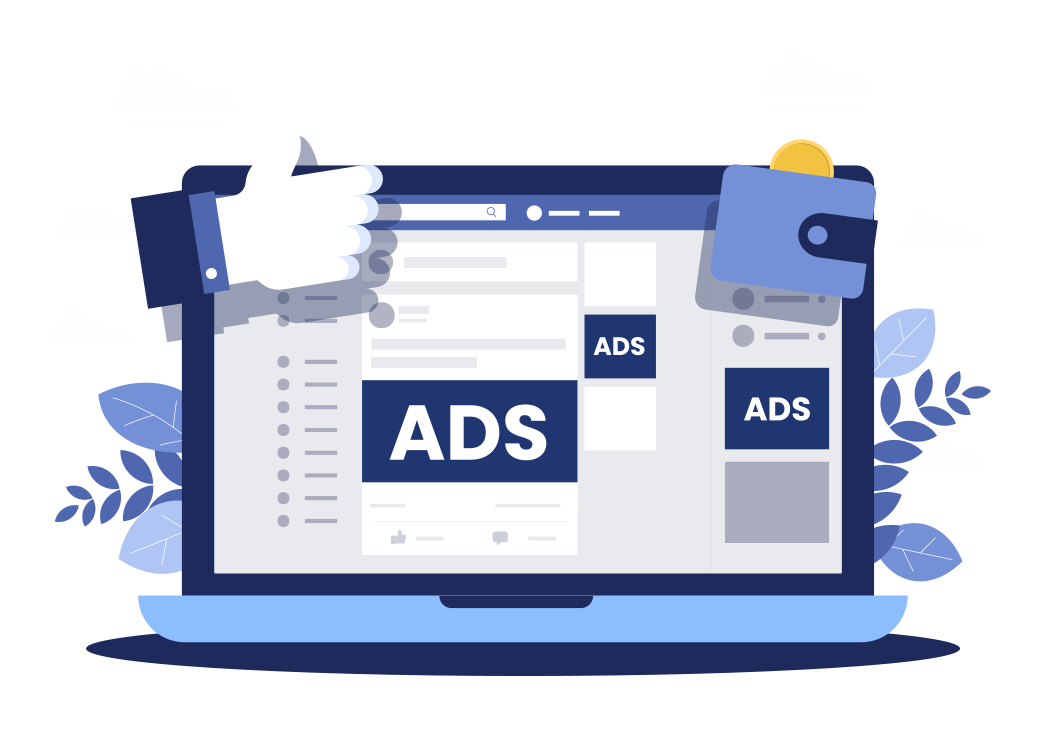
 In the world of digital advertising, two major players stand out: facebook vs google ads. Both platforms offer businesses the opportunity to reach a large online audience, but they each have their own strengths and weaknesses. The decision of which platform to use can greatly impact the success of a marketing campaign. In this article, we will explore the pros and cons of each platform, to help you make an informed decision about which one is right for your business.
In the world of digital advertising, two major players stand out: facebook vs google ads. Both platforms offer businesses the opportunity to reach a large online audience, but they each have their own strengths and weaknesses. The decision of which platform to use can greatly impact the success of a marketing campaign. In this article, we will explore the pros and cons of each platform, to help you make an informed decision about which one is right for your business.
Facebook Ads:
One of the key advantages of Facebook Ads is the ability to target specific demographics and interests. This is due to the vast amount of data Facebook collects from its users. Advertisers can choose to target people based on age, gender, location, interests, and even behaviors. This makes Facebook Ads ideal for businesses that want to reach a specific audience.
Another strength of Facebook Ads is the variety of ad formats available. These include photo ads, video ads, carousel ads, and more. Advertisers can even create ads that appear in users’ news feeds, which means they are more likely to be noticed.
However, one of the main drawbacks of Facebook Ads is that users are becoming more and more desensitized to ads on the platform. As a result, advertisers need to be more creative and strategic in their approach. This means creating ads that are visually appealing and targeted to the right audience. Additionally, the platform’s algorithms can be complex, so a thorough understanding of how they work is needed to optimize ads for the best results.
Google Ads:
One of the biggest advantages of Google Ads is the intent-based targeting. This means that users who see your ads are actively searching for a product or service, making them more likely to convert. In addition, Google search ads are highly targeted based on specific keywords and phrases, making them ideal for businesses that want to reach a specific audience.
Another advantage of Google Ads is the flexibility and control they offer. Businesses can choose how much to spend on ads, what keywords to target, and what ad formats to use. This allows for greater customization and a more tailored approach.
However, one of the main drawbacks of Google Ads is the competition. Many businesses are competing for prime ad placement, which can drive up the cost per click. Additionally, Google Ads can be complex, and a deep understanding of the platform is needed to optimize ads for the best results.
In conclusion, both Facebook Ads and Google Ads offer unique strengths and weaknesses for businesses looking to advertise online. Facebook Ads are great for targeting specific demographics and interests and offer a variety of ad formats, but they require a creative and strategic approach. Google Ads are highly targeted based on specific keywords and phrases and offer greater control and flexibility, but they can be more expensive and competitive. The decision of which platform to use ultimately depends on your business goals, audience, and budget. With the right strategy, both Facebook Ads and Google Ads can be highly effective tools for reaching your target audience online.


